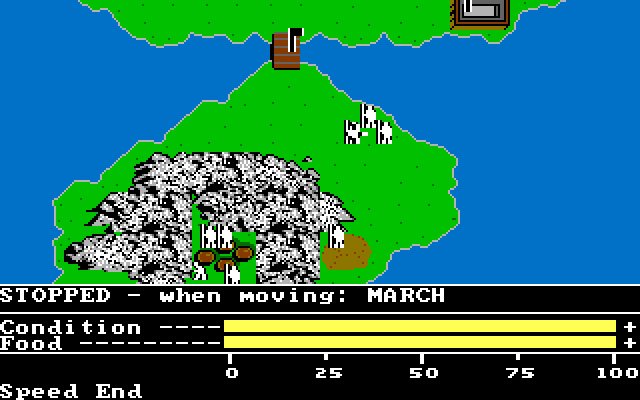

Unless you are kept informed of the enemy’s condition, and are ready to strike at the right moment, a war may drag on for years. What do you definitely need? Spies to get you information. If you know neither the enemy nor yourself, you will succumb in every battle.ĭo you need infantry? Maybe.

If you know yourself but not the enemy, for every victory gained you will also suffer a defeat. If you know the enemy and know yourself, you need not fear the result of a hundred battles. He really doesn’t beat around the bush: knowledge wins wars. Re-reading the book I was struck by how Sun Tzu hits this one idea again and again from so many angles. The crucial theme throughout the The Art of War is the power of accurate information. Sun Tzu can help you claim victory in all those skirmishes.

“Fighting” to get that promotion or new job? Waging a pitched “battle” with your significant other over a delicate issue? But we all wage metaphorical “wars” all day long. Well, one of the primary themes of Sun Tzu’s classic strategy guide is: the power of information. We are relentlessly reminded this is the “information age.” I believe Sun Tzu’s The Art of War is the essential strategy guide of our time.

If the two countries went to war and Canada chose to fight unconventionally, history would suggest that you ought to put your money on Canada. To put that in perspective, the United States’ population is ten times the size of Canada’s. If the US and Canada went to war and Canada chose to fight Sun Tzu style, what would happen? The smart money would bet on Canada. What happens in wars between the strong and the weak when the weak side does as David did and refuses to fight the way the bigger side wants to fight, using unconventional or guerrilla tactics? The answer: in those cases, the weaker party’s winning percentage climbs from 28.5 percent to 63.6 percent. Arreguín-Toft then asked the question slightly differently. Just under a third of the time, the weaker country wins. When the political scientist Ivan Arreguín-Toft did the calculation a few years ago, what he came up with was 71.5 percent. Via David and Goliath: Underdogs, Misfits, and the Art of Battling Giants: When Davids don’t fight by Goliaths’ rules they win 63% of battles. 1500 years old, this ancient Chinese text is still utilized by both militaries and business schools around the world.Īnd it should be - research shows those unconventional tactics work.


 0 kommentar(er)
0 kommentar(er)
